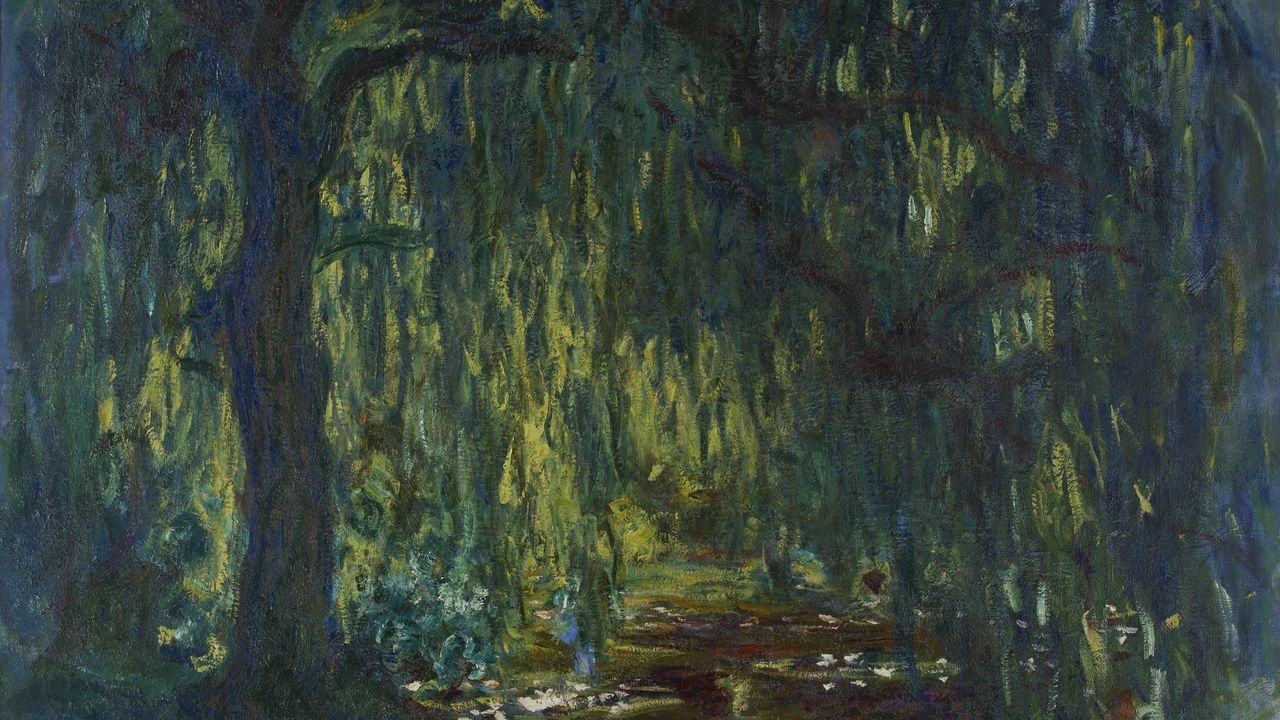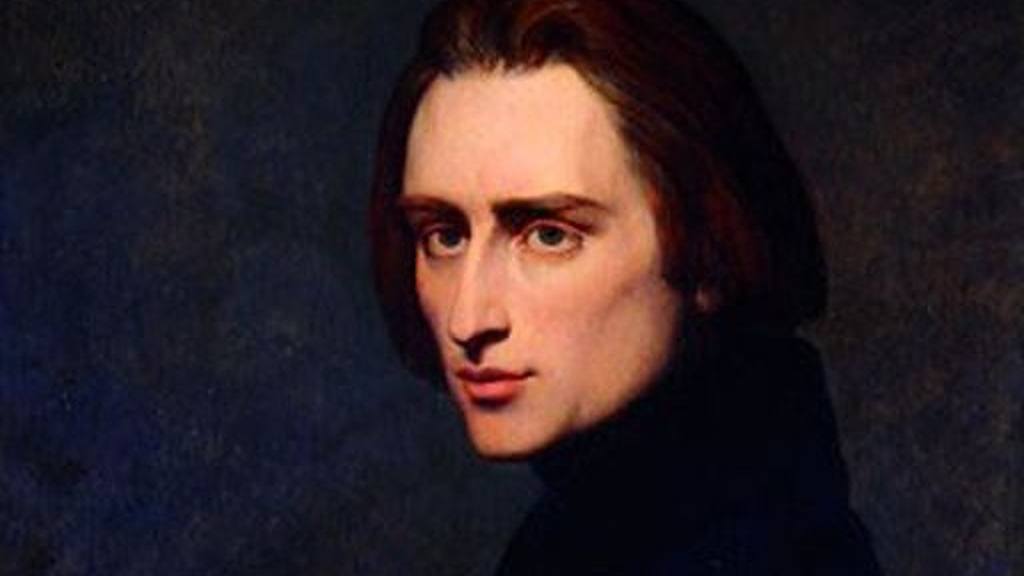Beethoven’s “Razumovsky” Cycle: String Quartet No. 7 in F Major, Op. 59, No. 1
Beethoven’s three Op. 59 String Quartets were revolutionary. Written in 1806, six years after the composer’s initial Op. 18 set, the so-called “Razumovsky” Quartets were more complex, expansive in scale, and emotionally dramatic than anything previously conceived in the genre. Earlier chamber works were written for the entertainment of aristocratic amateur musicians. With this music, the string quartet moved decisively into the concert hall. Commissioned by Count Andreas Razumovsky, the Russian ambassador …







